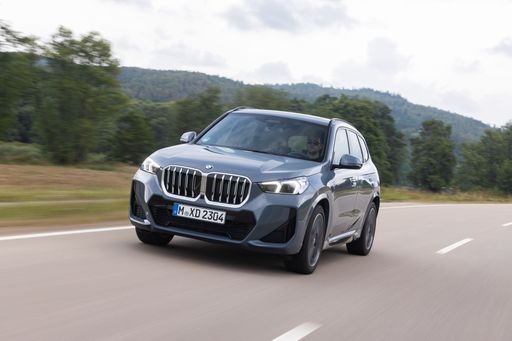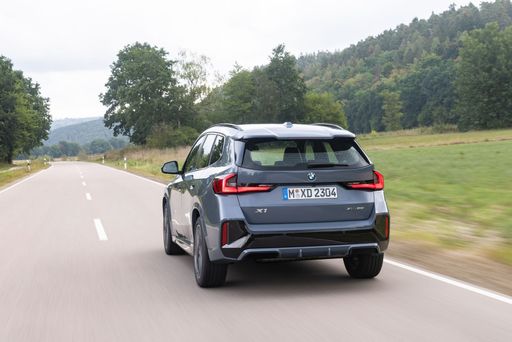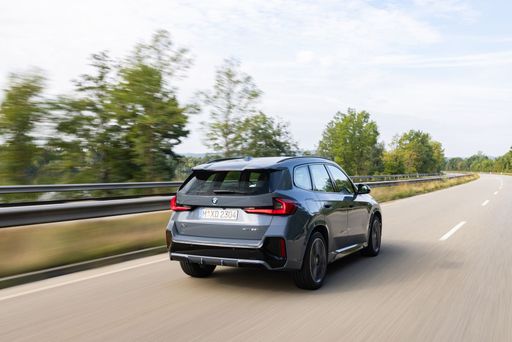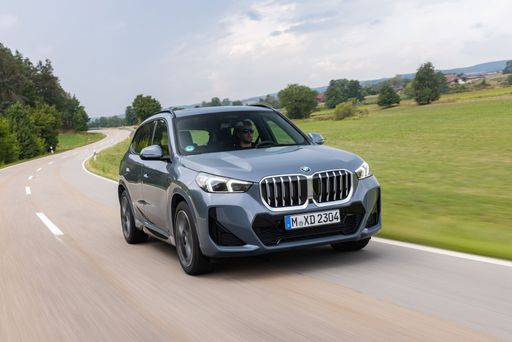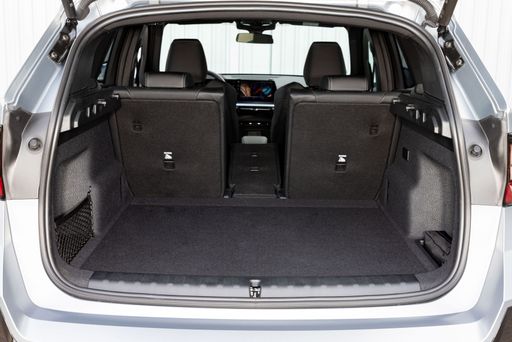Battle of the SUVs: BMW X1 vs. VW Tiguan
In the compact SUV segment, two contenders stand out for their innovation, performance, and practicality: the BMW X1 and the VW Tiguan. Both vehicles cater to those who require versatility on the road without sacrificing style or technology. In this article, we will delve into their technical aspects, features, and innovations to see how they stack up against each other.


